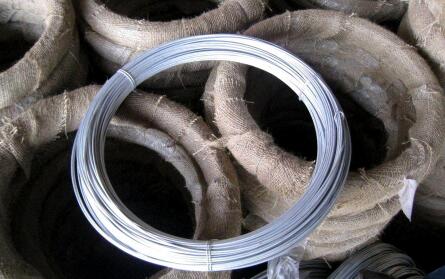Types of Concrete Nails A Comprehensive Guide
Concrete nails are essential fasteners used in construction and repair projects that involve concrete, masonry, or brick. Unlike regular nails, concrete nails are specifically designed to penetrate hard surfaces without bending or breaking. This guide will explore the various types of concrete nails, their features, and applications.
1. Standard Concrete Nails
Standard concrete nails are perhaps the most recognizable type. Typically made from case-hardened steel, these nails are designed with a sharp, chisel-like point that allows them to penetrate tough materials. Standard concrete nails come in various lengths and diameters, making them suitable for different applications. They are ideal for attaching wood framing to concrete floors or walls, and their tensile strength provides a reliable hold.
2. Masonry Nails
Masonry nails are similar to standard concrete nails but are specifically designed for use in brick and blockwork. These nails are thicker and have a unique head design that prevents them from pulling through the material. Masonry nails are often used for hanging fixtures or installing wooden structures in masonry settings. Like standard concrete nails, they are made from hardened steel, ensuring durability and longevity.
3. Drive Pins
Drive pins are a form of concrete fastener that is fastened into place using a power tool, usually a powder-actuated tool. These nails come with a smooth shank and a specially designed tip that facilitates quick installation. Drive pins are particularly useful in commercial construction projects where speed and efficiency are crucial. They offer a strong and secure fastening, making them suitable for attaching metal framing to concrete surfaces.
4. Adhesive Anchors
types of concrete nails

Adhesive anchors are a modern alternative to traditional concrete nails. Instead of relying solely on physical penetration, these anchors use epoxy or other adhesives to bond to the concrete. This method provides a chemical bond that can hold significant weight. Adhesive anchors are great for heavy-duty applications, such as securing machinery or large fixtures to concrete surfaces. While they may require more preparation and drying time, their strength is unmatched in certain situations.
5. Sleeve Anchors
Sleeve anchors combine a concrete nail with a bolt, allowing for a strong connection point. They consist of a threaded bolt that expands when inserted into a pre-drilled hole, creating a secure hold. Sleeve anchors are ideal for attaching items that require a strong point of attachment, such as handrails or shelving units. These anchors come in various lengths and diameters, providing versatility for different projects.
6. Wedge Anchors
Wedge anchors provide another strong fastening option. Similar to sleeve anchors, they are installed into a pre-drilled hole, and as the nut is tightened, the expanding mechanism locks the anchor firmly in place. They are often used in heavy-duty applications, such as securing machinery, and can handle substantial loads. Wedge anchors are particularly effective for outdoor use due to their resistance to corrosion.
7. T-Anchor Bolts
T-anchor bolts are specifically designed to be embedded into concrete surfaces. They feature a T-shaped head that prevents them from pulling out. These bolts are ideal for securing items that will experience lateral forces, making them a popular choice in construction projects where stability is critical. T-anchor bolts can be used in various applications, from securing machinery to providing structural support.
Conclusion
Concrete nails come in various types, each designed for specific applications and materials. Whether you're working with standard concrete nails, masonry nails, drive pins, or adhesive anchors, understanding the right choice for your project can make a significant difference in durability and performance. Selecting the appropriate concrete nail or anchor ensures secure fastenings that contribute to the overall safety and integrity of your constructions and repairs. Always consider the specific demands of your project and the materials involved to make the best choice in your fastening solutions.

















